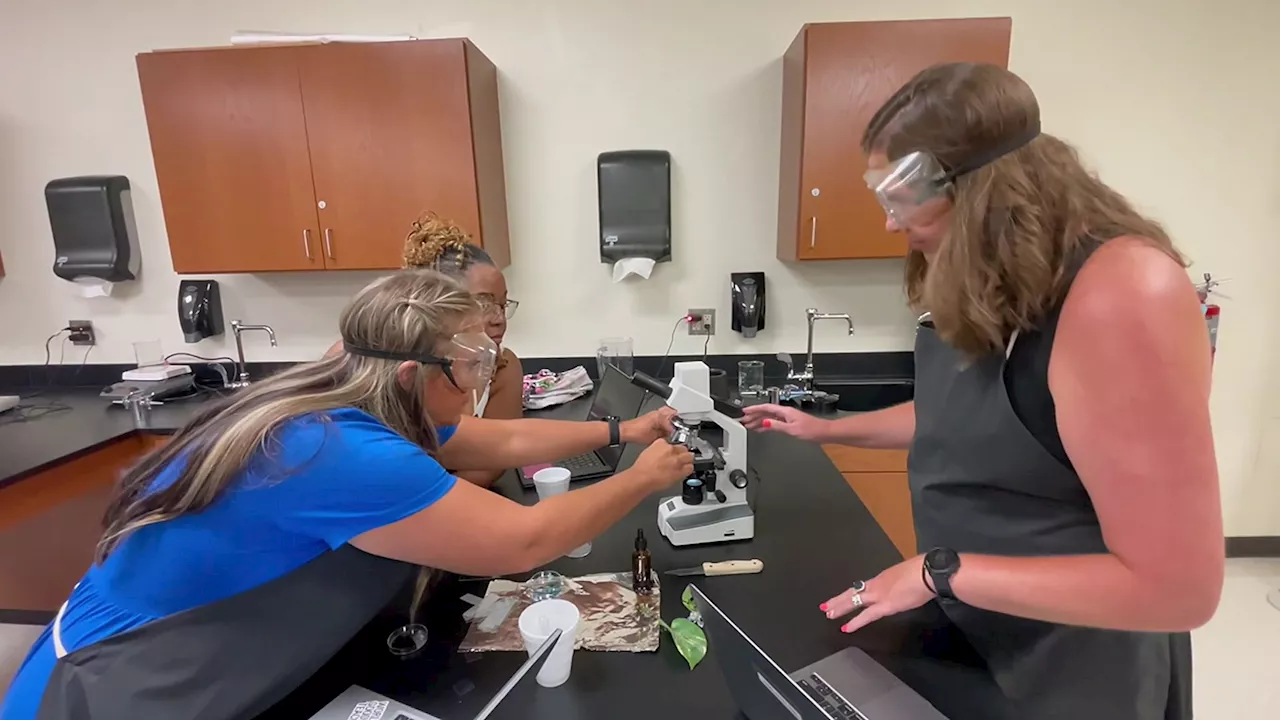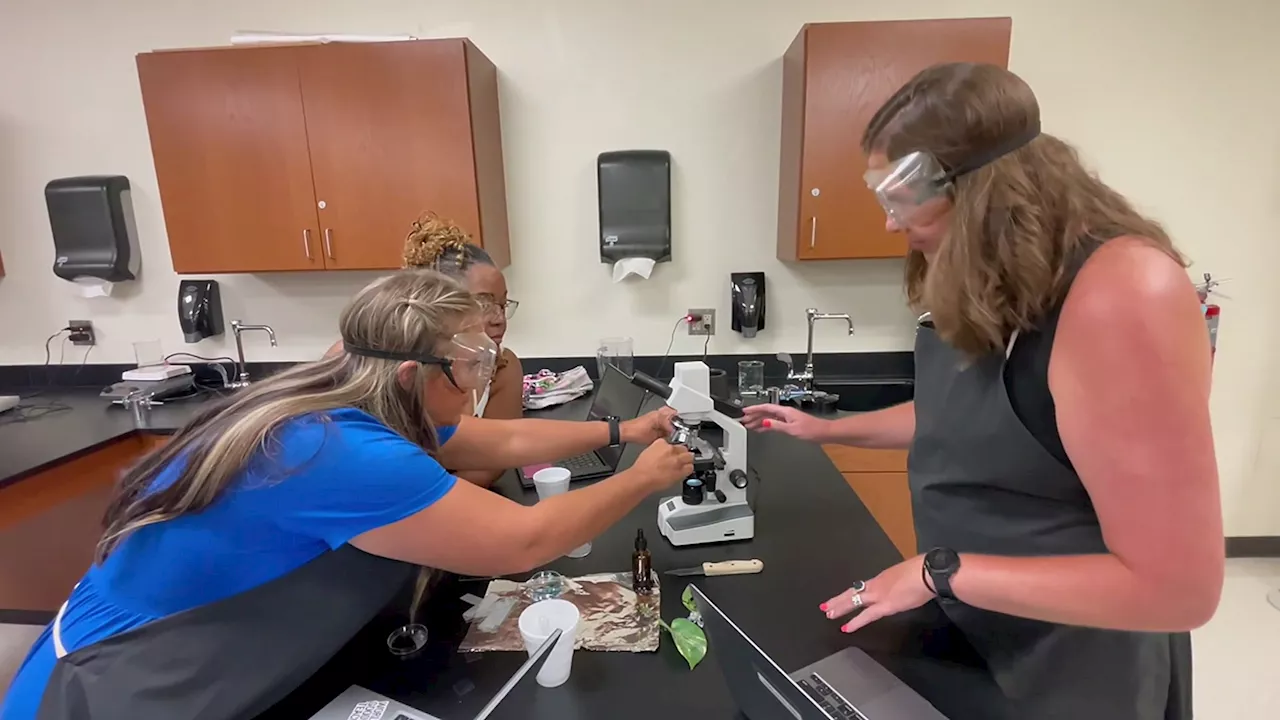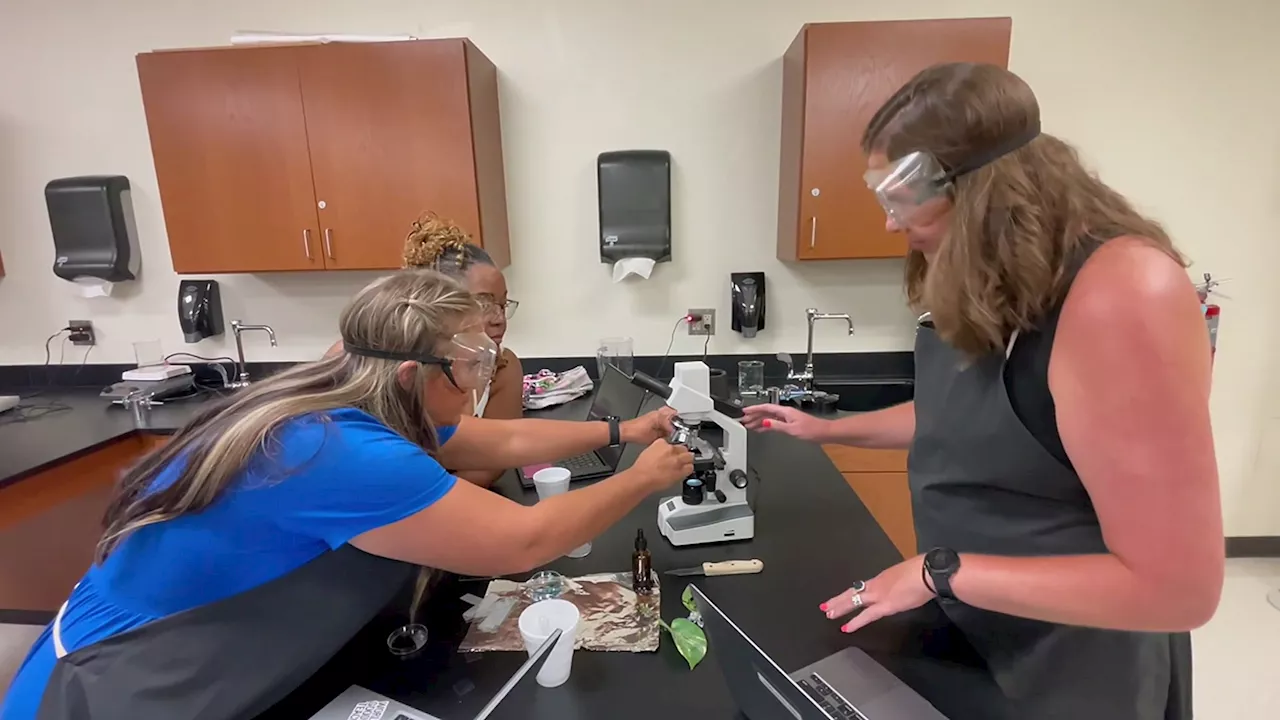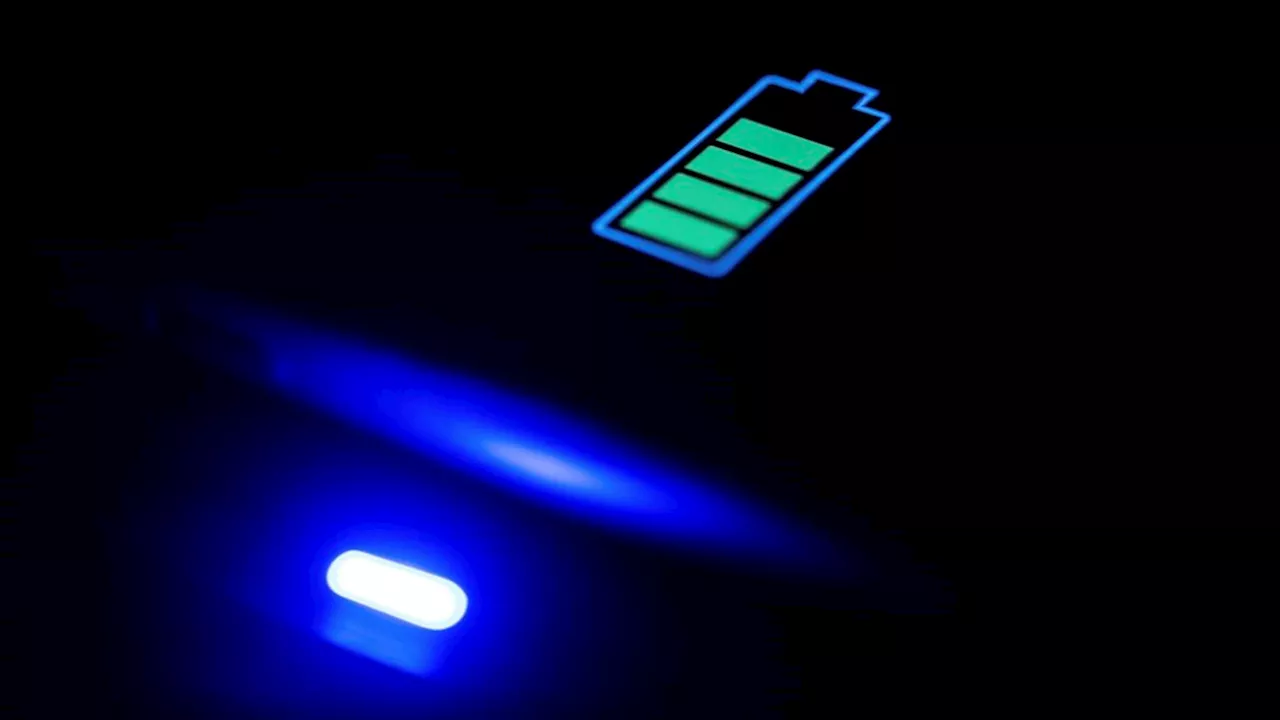Skyler Ware is a freelance science journalist covering chemistry, biology, paleontology and Earth science. She was a 2023 AAAS Mass Media Science and Engineering Fellow at Science News. Her work has also appeared in Science News Explores, ZME Science and Chembites, among others. Skyler has a Ph.D. in chemistry from Caltech.
Replacing gadgets like smartphones or laptops just because the battery stops holding charge can be a real headache. But new research outlines a way to give common lithium-ion batteries a much longer lifespan — starting with their very first charge cycle.
A typical Li-ion battery has a positive and a negative electrode in an electrolyte solution containing lithium ions. When you charge the battery, lithium ions move into the negative electrode. Then, when you use the battery and expend its charge, the lithium ions move out of the negative electrode and into the positive one. The back-and-forth flow of ions facilitates the electric current that powers a device.
By submitting your information you agree to the Terms & Conditions and Privacy Policy and are aged 16 or over.In the new study, researchers used machine learning to pick out the parameters that have the strongest effect on the SEI. Two factors — the current and temperature during the first charge — grabbed their attention.
United States Latest News, United States Headlines
Similar News:You can also read news stories similar to this one that we have collected from other news sources.
 Quantum compasses closer to replacing GPS after scientists squeeze key refrigerator-sized laser system onto a microchipSkyler Ware is a freelance science journalist covering chemistry, biology, paleontology and Earth science. She was a 2023 AAAS Mass Media Science and Engineering Fellow at Science News. Her work has also appeared in Science News Explores, ZME Science and Chembites, among others. Skyler has a Ph.D. in chemistry from Caltech.
Quantum compasses closer to replacing GPS after scientists squeeze key refrigerator-sized laser system onto a microchipSkyler Ware is a freelance science journalist covering chemistry, biology, paleontology and Earth science. She was a 2023 AAAS Mass Media Science and Engineering Fellow at Science News. Her work has also appeared in Science News Explores, ZME Science and Chembites, among others. Skyler has a Ph.D. in chemistry from Caltech.
Read more »
 Over 40% of pet cats play fetch — but scientists aren't quite sure whySkyler Ware is a freelance science journalist covering chemistry, biology, paleontology and Earth science. She was a 2023 AAAS Mass Media Science and Engineering Fellow at Science News. Her work has also appeared in Science News Explores, ZME Science and Chembites, among others. Skyler has a Ph.D. in chemistry from Caltech.
Over 40% of pet cats play fetch — but scientists aren't quite sure whySkyler Ware is a freelance science journalist covering chemistry, biology, paleontology and Earth science. She was a 2023 AAAS Mass Media Science and Engineering Fellow at Science News. Her work has also appeared in Science News Explores, ZME Science and Chembites, among others. Skyler has a Ph.D. in chemistry from Caltech.
Read more »
 Teachers start school with training in new, engaging science labsNorth Texas Science teachers set to introduce new, more innovative science labs
Teachers start school with training in new, engaging science labsNorth Texas Science teachers set to introduce new, more innovative science labs
Read more »
 Teachers start school with training in new, engaging science labsNorth Texas Science teachers set to introduce new, more innovative science labs
Teachers start school with training in new, engaging science labsNorth Texas Science teachers set to introduce new, more innovative science labs
Read more »
 Teachers start school with training in new, engaging science labsNorth Texas Science teachers set to introduce new, more innovative science labs
Teachers start school with training in new, engaging science labsNorth Texas Science teachers set to introduce new, more innovative science labs
Read more »
 Teachers start school with training in new, engaging science labsNorth Texas Science teachers set to introduce new, more innovative science labs
Teachers start school with training in new, engaging science labsNorth Texas Science teachers set to introduce new, more innovative science labs
Read more »
